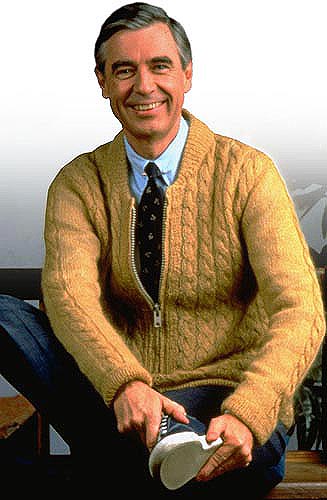
Being a Neighbor
In the meantime, I have been [at times anxiously] trying to learn how to plant a church that blesses our city. So I turned to the resident expert in our family, my sister-in-law Laura, who in her political science doctoral program is studying municipal politics. She suggested a couple of books, and I finished the shorter one.
The book is called And You Call Yourself a Christian: Toward Responsible Charity by Dr. Robert Lupton. Here are some quotes:
“Good neighbors are preferable to good programs any day. And a whole lot cheaper” (p. 75).
“Loading up a depressed neighborhood with services–faith-based or otherwise–does nothing to reverse that downward spiral. As a matter of fact, concentrating social services can actually draw more needy recipients into an area, hardly a good community development strategy. Re-investment is needed. Bottom line: the community must be re-neighbored. While it is important to preserve (and create) affordable housing options for existing low-income residents, strategies to attract middle-income neighbors back into the area are essential” (p. 73).
“Programs are important but they are not sufficient. The extent to which programs and services are run by those who live in the community will often be a measure of their effectiveness…. Being invested in one’s community–and living there is by far the best indicator–yields the fruit of healthy self-interest. Initiatives ‘owned’ by residents are likely to be more effective, personal, accountable, and cost-effective than those funded and managed by outside professionals” (p. 79).
“Perhaps beyond the revolutionary Christian mandate of service is the final revolution, the possibility of being friends. Friends are people who know each other, who care, respect, struggle, and are committed through time. Christ’s mandate to be friends is a revolutionary idea in our serving society.
“Why friends rather than servants? Perhaps it is because He knew that servants could always become lords but that friends could not. Professional servants may operate on the assumption ‘You will be better because I know better,’ but friends believe ‘We will be better because we share in each others’ lives.’ Servants are people who know the mysteries that can control those to whom they give ‘help.’ Friends are people who know each other. They are free to give and receive help from each other” (p. 58).
Some questions that come to my mind:
1. Am I being a neighbor?
2. Do I use service as a barrier to becoming a friend?
3. Do I use service to control? Am I condescending in what is supposed to be humble submission?
4. Wouldn’t I prefer it if all the poor were kept out of my neighborhood, and I could go visit and serve when I wanted to?
5. Do I believe my neighbors have anything to offer me?
Kierkegaard, from Works of Love, gets the last word:
“Christ does not speak about knowing the neighbor but becoming a neighbor oneself, about showing oneself to be a neighbor just as the Samaritan showed it by his mercy.”

Good thoughts…I like the idea of developing friendships over just doing service. The give and take of that seems like it would be much more productive over all for everybody. It’s a different kind of investment…
I had to stop and think and will continue to think about your question #5 especially.
Thank you for reading the book and learning some great new thoughts…keep passing them on. they spur me on to live out this missional thing hopefully in a more genuine, effective way.